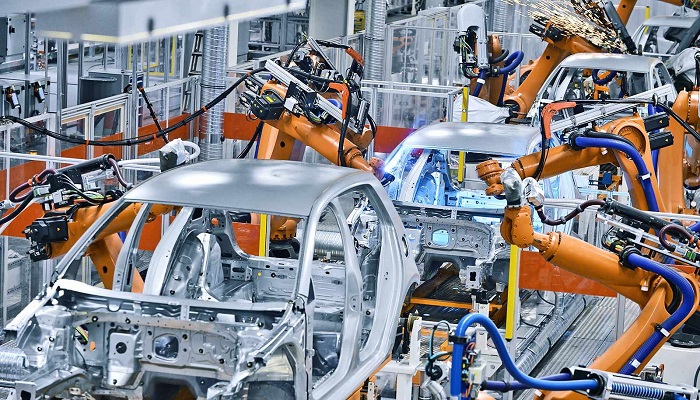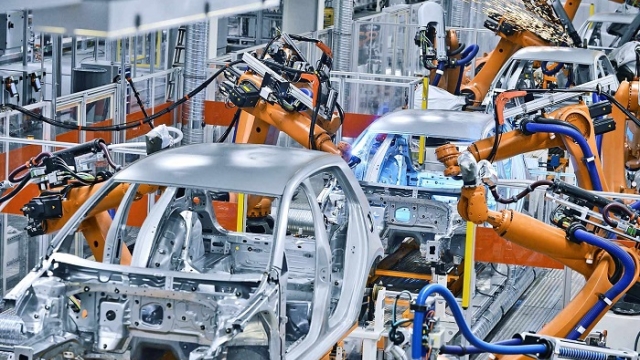
The heavy vehicle manufacturing and supply industry stands at a critical juncture, poised for significant growth and evolution. With advancements in technology and a shifting global landscape, manufacturers and suppliers in this sector are gearing up to meet the demands of a rapidly changing market. From heavy-duty trucks to construction equipment and commercial vehicles, the sector plays a vital role in transportation and infrastructure development worldwide.
As the industry moves forward, key players are focusing on innovation, sustainability, and efficiency to drive progress and stay competitive in a dynamic marketplace. The road ahead presents both challenges and opportunities, with a need for strategic collaboration, investment in research and development, and a keen understanding of market trends. It is an exciting time for heavy vehicle manufacturing and supply, as stakeholders work together to navigate the path towards a promising future.
Challenges in Heavy Vehicle Manufacturing
One challenge faced in heavy vehicle manufacturing is sourcing raw materials. This industry requires a significant amount of steel, aluminum, and other materials, which can be subject to price fluctuations and availability issues.
Another obstacle is ensuring compliance with ever-evolving regulations and standards. Manufacturers must stay up-to-date with safety, environmental, and emissions requirements, which can vary across different markets and regions.
Additionally, integrating advanced technologies poses a challenge in heavy vehicle manufacturing. From autonomous driving capabilities to electrification, implementing these innovations while maintaining efficiency and reliability is a complex task for manufacturers in this sector.
Trends in Supply Chain Management
One key trend in heavy vehicle manufacturing and supply is the increasing focus on sustainability. Companies are incorporating eco-friendly practices into their supply chains to minimize environmental impact.
Another trend is the adoption of advanced technology such as IoT devices and data analytics to optimize efficiency and streamline operations. This digital transformation is revolutionizing how heavy vehicle manufacturers manage their supply chains.
Furthermore, there is a growing emphasis on collaboration and partnerships within the supply chain. Strategic alliances between manufacturers, suppliers, and logistics providers are becoming more common as companies seek to enhance flexibility and responsiveness in the ever-evolving heavy vehicle industry.
Future of Electric Heavy Vehicles
In the realm of heavy vehicle manufacturing and supply, the future is undeniably shifting towards electric propulsion. As the world aims to reduce carbon emissions and embrace sustainable practices, electric heavy vehicles are poised to play a crucial role in this transformation. Companies in the industry are increasingly investing in research and development to enhance the capabilities and efficiency of electric heavy vehicles.
One of the key drivers of the electric heavy vehicle trend is the advancements in battery technology. With improvements in battery energy density and charging infrastructure, the feasibility of electric heavy vehicles is becoming more viable. This shift not only aligns with environmental goals but also presents economic benefits in the form of reduced operating costs and maintenance requirements.
Leading the way in semi trailer supply
Looking ahead, governments around the globe are instituting stringent emissions regulations that incentivize the adoption of electric heavy vehicles. Through subsidies, incentives, and mandates, policymakers are pushing for the accelerated transition towards electric fleets. This regulatory environment, coupled with the expanding infrastructure for electric vehicle support, sets the stage for a promising future for electric heavy vehicles in the manufacturing and supply chain sector.

